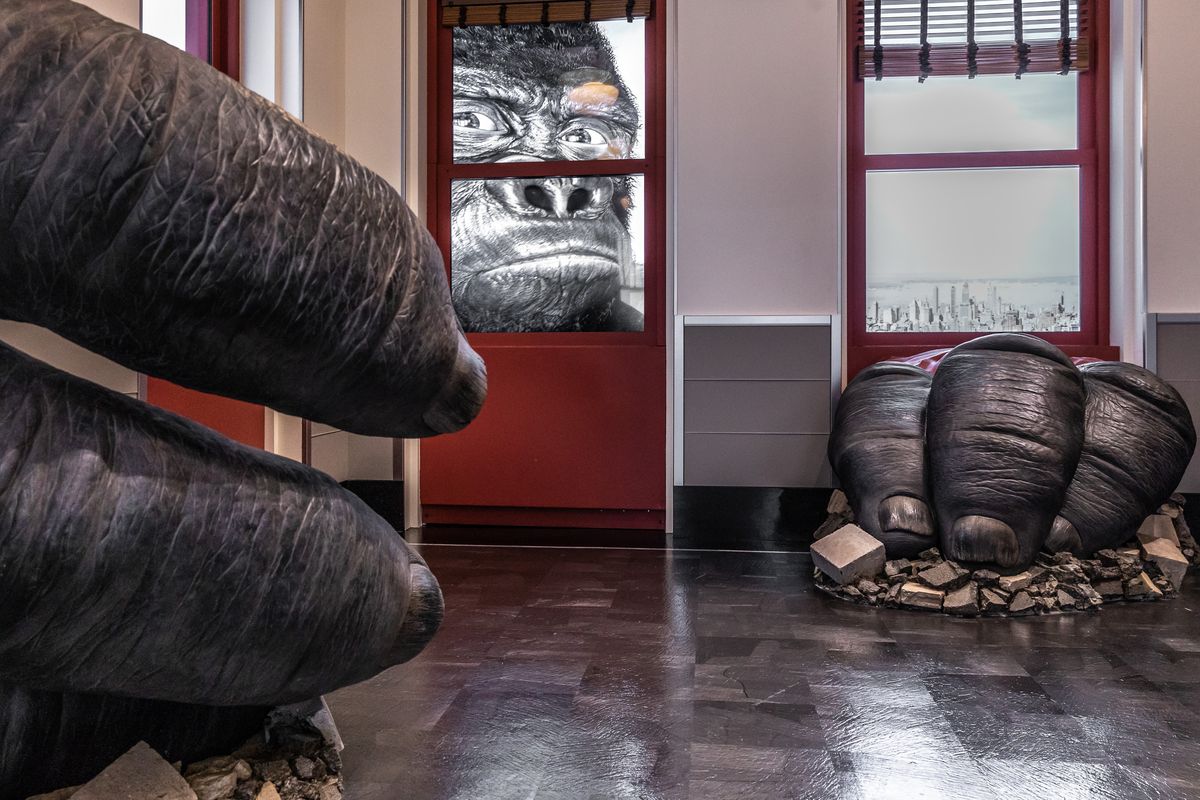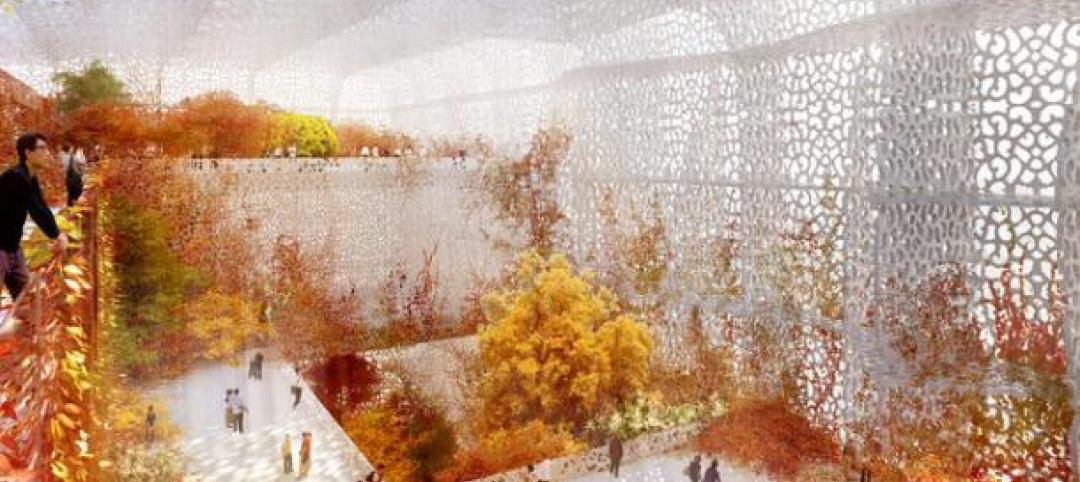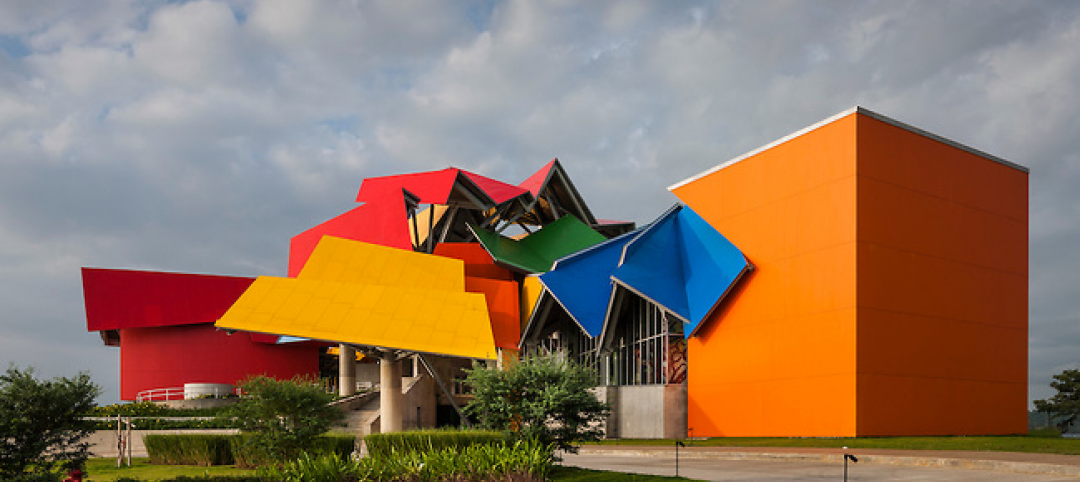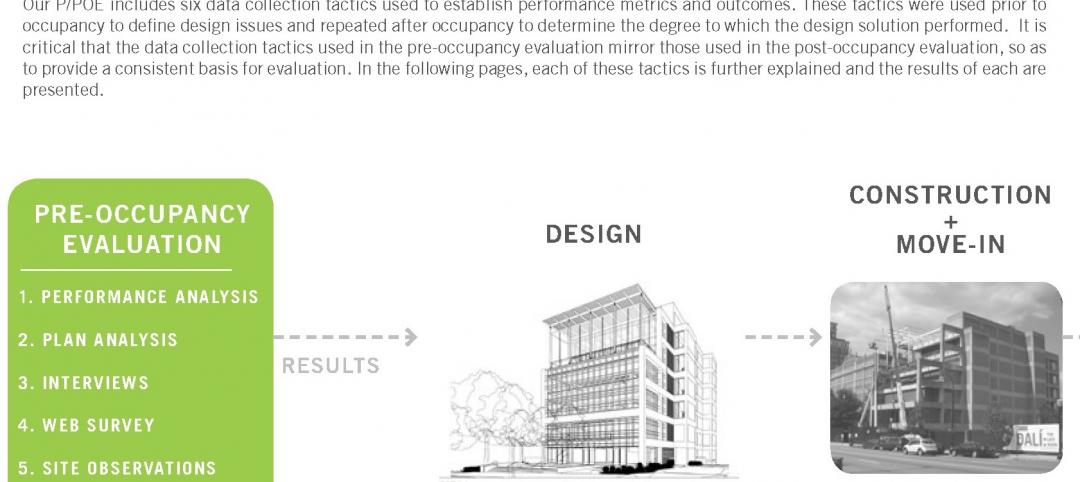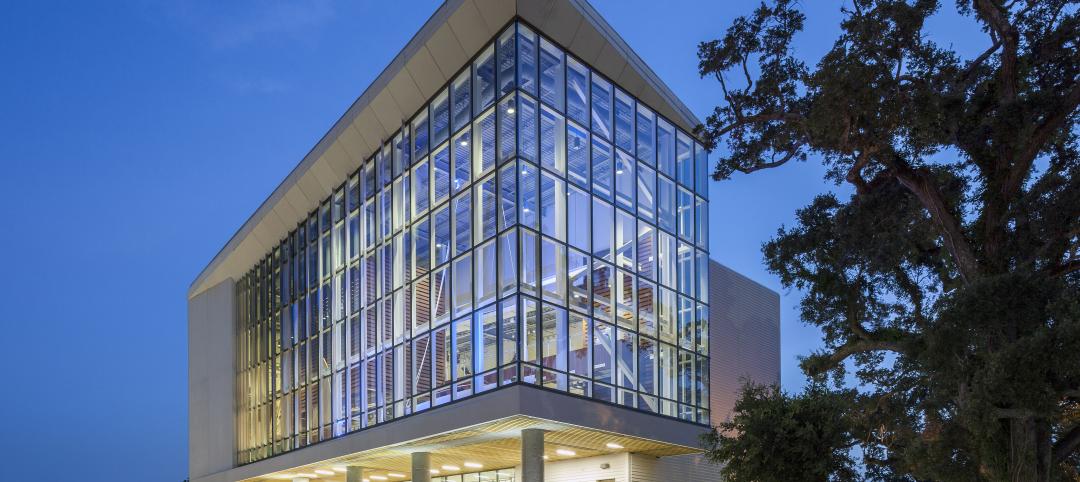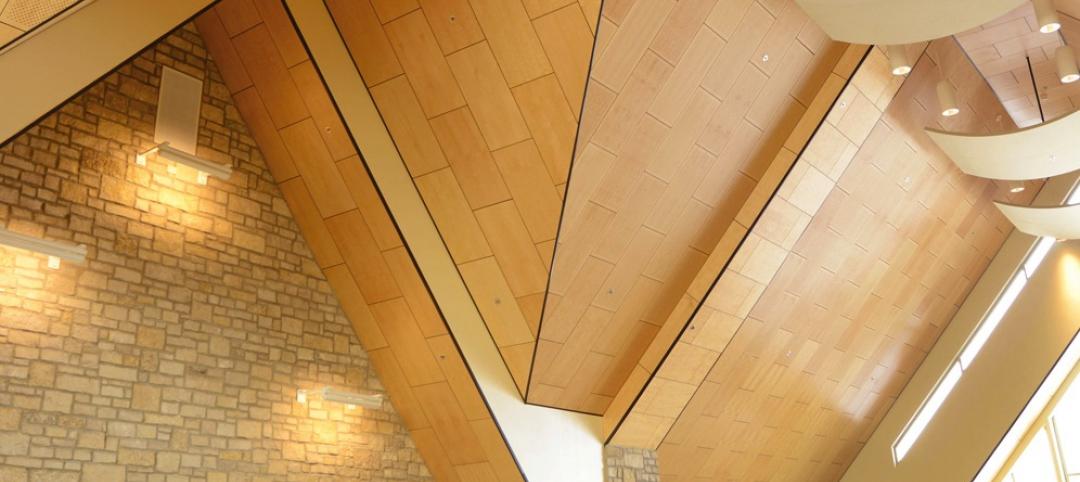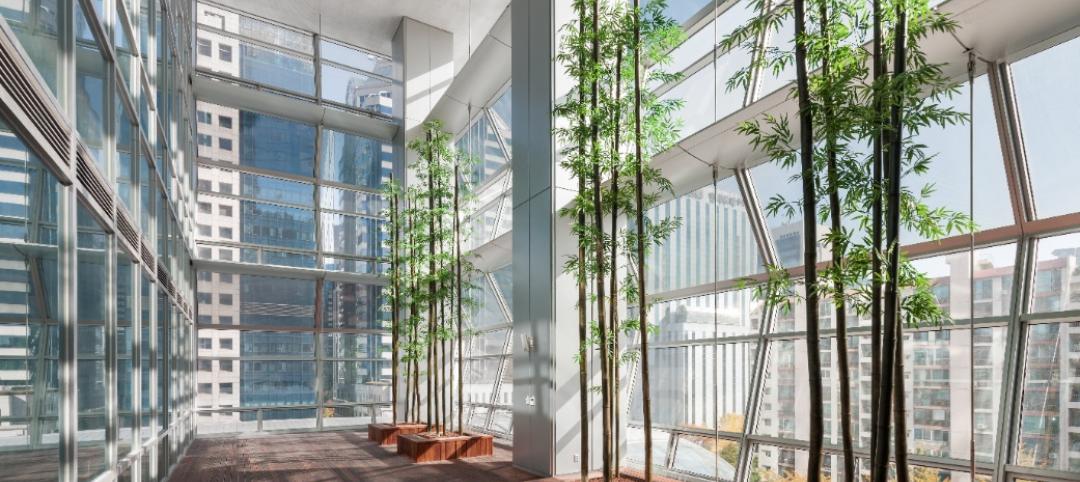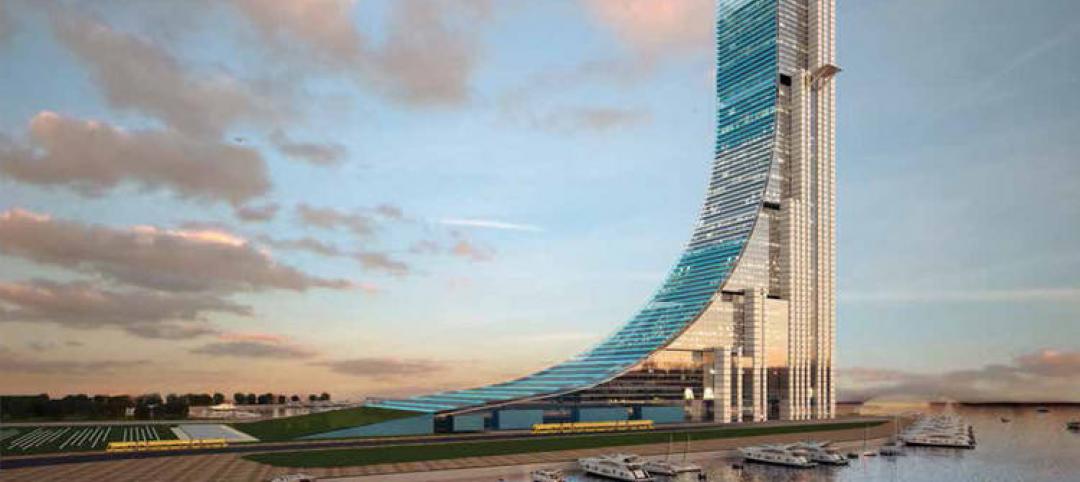This morning, a $165 million, 10,000-sf museum opened on the second floor of the Empire State Building in New York City, completing the second of a four-phase “reimagining” of that building’s Observatory experience, which draws four million visitors annually.
The first phase, which relocated the Observatory’s entrance from Fifth Avenue to 20 West 34th Street, was finished last August and includes a newly designed lobby. Phase three, the reconstruction of the building’s glassed-in 102nd-floor observation deck, should be done by September. Phase four, a renovation of the 80th-floor exhibit space, is being done in partnership with NYC & Company. Its exhibits will encourage visitors to create personalized trip itineraries from the top of the Empire State Building, and abet their choices with recommendations in all five boroughs. Phase four is scheduled for completion in November.
The second-floor museum, open from 8 a.m. to 2 a.m. daily, is a solution to a problem of long queues of visitors waiting for elevators en route to observatories on the 86th and 102nd floors. “They told us that they loved the Observatory, but hated the lines,” says Jean-Yves Ghazi, President of the Empire State Realty Trust, which owns and manages the Empire State Building, and has been working on this renovation for 4½ years. “What we set out to do is to extend the ‘emotional connection’ [of the observatory] for the visitors.”
Tom Hennes, a Principal with Thinc Design, the project’s lead designer, adds that the museum “focuses on the building itself” to provide a “deeper engagement” for visitors.
BD+C walked through the museum the Saturday before it opened.
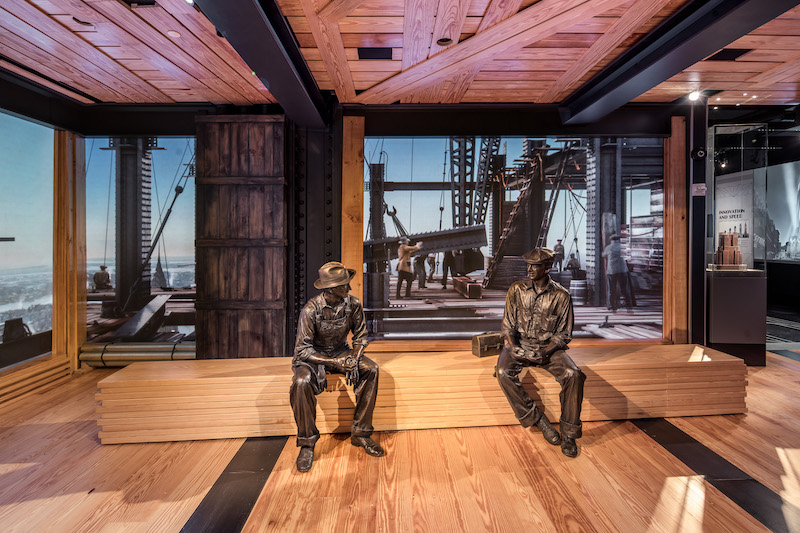 Four bronze statues of iron workers and masons are placed in the middle of “Construction,” one of 10 galleries in the museum that recounts the history of the Empire State Building. Thirty actors were used to create video that reenacted the building of the tower.
Four bronze statues of iron workers and masons are placed in the middle of “Construction,” one of 10 galleries in the museum that recounts the history of the Empire State Building. Thirty actors were used to create video that reenacted the building of the tower.
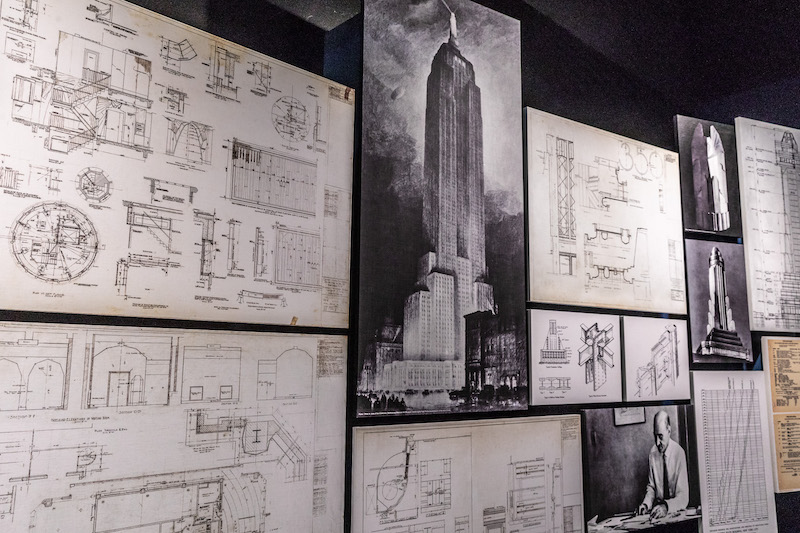 Copies of the building's blueprints
Copies of the building's blueprints
Before entering of the museum, visitors have access to a spacious area for ticket purchases and for viewing a series of interactive info-panels. On a landing between the first and second floors stands a 25-ft-tall replica of the Empire State Building, scaled for selfies.
The museum itself contains 10 gallery spaces, illuminated by 750 LED lights, and each gallery with its own controls, says Jonathan Hoyle, Associate Principal with The Lighting Practice, which provided the lighting design.
“What we were charged with was coming up with an icon within an icon,” says Michael Beneville, President of Beneville Studios, which acted as a consultant for the entirety of the second-floor redesign. He points out that while the signage in each gallery is in eight languages, “we wanted to tell stories without using words.”
One of the more striking galleries in the museum is “Construction,” which takes its cue from the photography of Lewis Hine of the skyscraper’s construction. Tenguerian Architectural Models created cast models of workers, girders, and other site-specific products. These are supplemented by digital media, created by the firm Squint/Opera, that re-enact with remarkable verisimilitude construction activities through video that combines archival and computer-generated images with actors playing construction workers.
Callum Cooper, Squint/Opera’s creative director, notes that while the video loops last only about a minute, the sound design is varied enough so that the images don’t seem redundant to the gallery’s viewers.
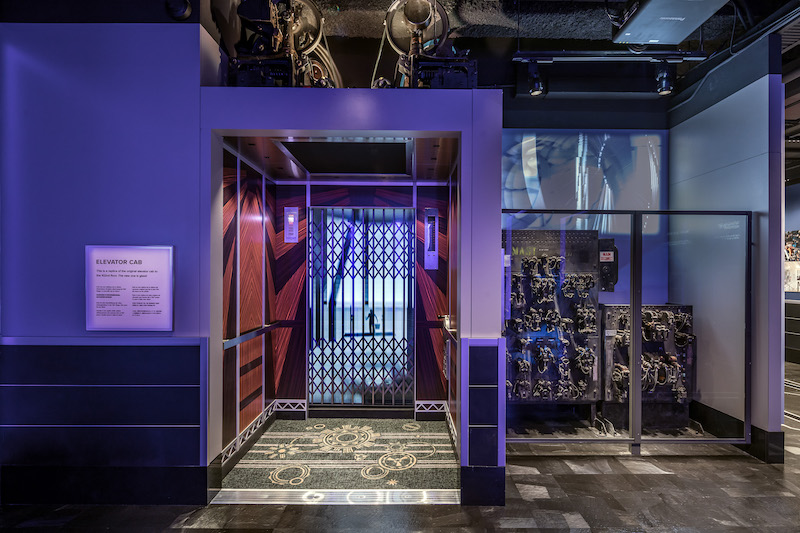
A recreation of the building's original elevator cab and control panel, installed by Otis Elevator in 1931.
Sergio Londono, PE, LEED AP BD+C, a Vice President with Thornton Tomasetti, the project’s structural engineer, says that the Construction gallery in particular, with cast-iron models that weigh tons, required reinforcing the second floor so that weight loads could be redistributed.
Thornton Tomasetti had 19 engineers on this project. And what impressed Londono was how well this 88-year-old tower, which was constructed in only 410 days, has held up over the decades. “We admired its systems; this is really good engineering,” he says.
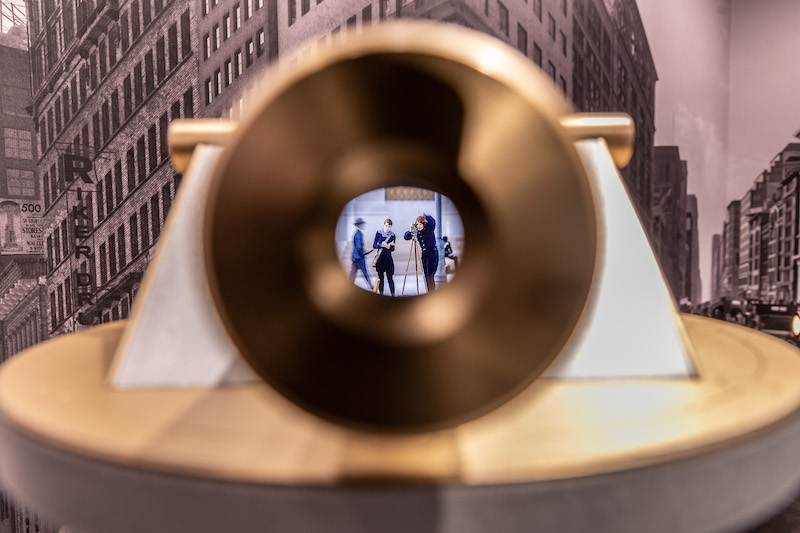
One of the galleries features survey markers that were used to position the surveyor's levels for the construction of the building.
Other galleries include:
• A recreation of the building’s original elevator cab and electrical control board that Otis Elevator installed in 1931. The 2.8-million-sf Empire State Building, with 16,000-plus workers, now has 68 elevators, all but three of which have been completely modernized, says Marc Zoelle, a Vice President with Otis.
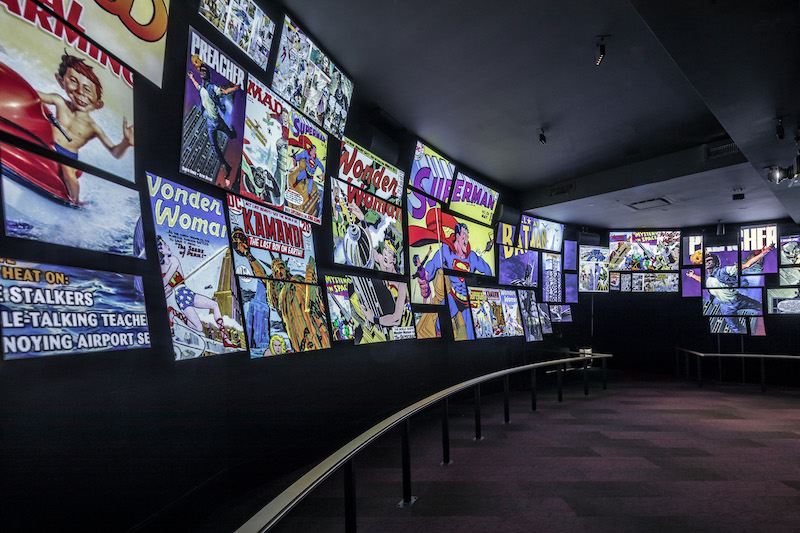
Panels show clips of how different media have used the Empire State Building over the decades.
• A room with 72 panels that show clips of the Empire State Building featured in movies, commercials, TV shows, video games, and so forth. The montage is enhanced by a commissioned eight-track score performed by a 60-piece orchestra.
• What museum about the Empire State Building would be complete without a reference to King Kong? Visitors can walk into an office setting from the 1930s that’s pierced by the famous ape’s fingers. Kong himself is seen peering menacingly through the office’s windows.
• Five interactive wall panels inform the museum’s visitors about the building’s greenness and wellness. A $500 million renovation initiated in 2007 has reduced the building’s energy consumption by 38% and is estimated to save the building $4.4 million in annual energy costs.
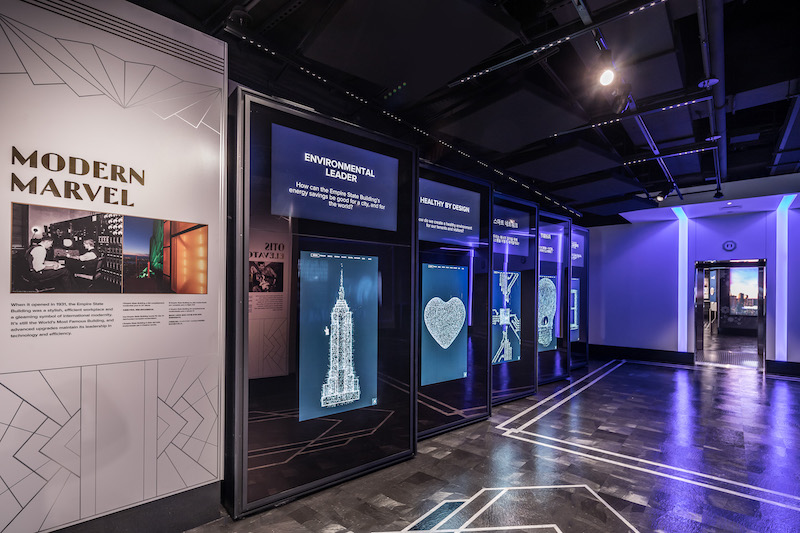 Displays call attention to what is one of the greenest buildings in the U.S.
Displays call attention to what is one of the greenest buildings in the U.S.
Once they’ve completed their tour of the museum, visitors can board the elevators to the Observatory. The thinking is that the museum will help disperse the crowds, and by doing so relieve their waiting time to get to the top of the building.
Other Renovation Team members include Skanska, which as the construction manager had 30 subs reporting to it. JLL was the project manager for Empire State Realty Trust, and oversaw four major consultants, the design and construction teams, and a dozen subs, says Robert Krizman, PE, JLL’s Senior Vice President and National Director-Project & Development Services. Corgan oversees architectural projects for the building’s redesign. Syska Hennessy provided MEP, IT, vertical transportation, and commissioning services. Kubik Maltbie fabricated the museum’s exhibits. Diversified was the hardware integration partner, and Intersection the technology integration partner.
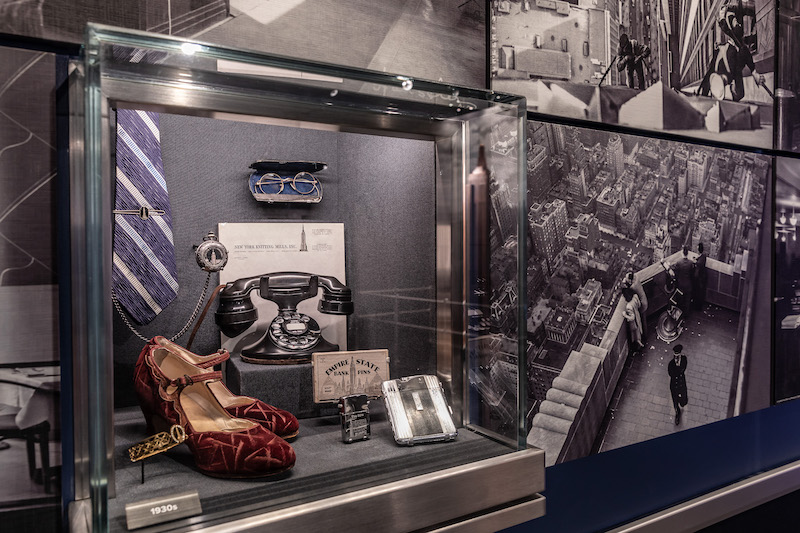 Memorabilia from the 1930s.
Memorabilia from the 1930s.
Related Stories
| Oct 10, 2014
A new memorial by Zaha Hadid in Cambodia departs from the expected
The project sees a departure from Hadid’s well-known use of concrete, fiberglass, and resin. Instead, the primary material will be timber, curved and symmetrical like the Angkor Wat and other Cambodian landmarks.
| Sep 25, 2014
Jean Nouvel unveils plans for National Art Museum of China
Of the design, Nouvel describes it as inspired by the simplicity of “a single brush stroke.”
| Sep 24, 2014
Architecture billings see continued strength, led by institutional sector
On the heels of recording its strongest pace of growth since 2007, there continues to be an increasing level of demand for design services signaled in the latest Architecture Billings Index.
| Sep 24, 2014
Frank Gehry's first building in Latin America will host grand opening on Oct. 2
Gehry's design for the Biomuseo, or Museum of Biodiversity, draws inspiration from the site's natural and cultural surroundings, including local Panamaian tin roofs.
| Sep 22, 2014
4 keys to effective post-occupancy evaluations
Perkins+Will's Janice Barnes covers the four steps that designers should take to create POEs that provide design direction and measure design effectiveness.
| Sep 22, 2014
Biloxi’s new Maritime and Seafood Industry Museum is like a ship in a bottle
Nine years after the Museum of Maritime and Seafood Industry in Biloxi, Miss., was damaged by Hurricane Katrina’s 30-foot tidal surge, the museum reopened its doors in a brand new, H3-designed building.
| Sep 22, 2014
Sound selections: 12 great choices for ceilings and acoustical walls
From metal mesh panels to concealed-suspension ceilings, here's our roundup of the latest acoustical ceiling and wall products.
| Sep 16, 2014
Shigeru Ban’s design wins Tainan Museum of Fine Arts competition
Pritzker Prize-winning architect Shigeru Ban has won an international competition organized by The Tainan Museum of Art in Taiwan. Ban's design features cascading volumes with an auditorium, classrooms, and exhibition galleries.
| Sep 15, 2014
Ranked: Top international AEC firms [2014 Giants 300 Report]
Parsons Brinckerhoff, Gensler, and Jacobs top BD+C's rankings of U.S.-based design and construction firms with the most revenue from international projects, as reported in the 2014 Giants 300 Report.
| Sep 15, 2014
Argentina reveals plans for Latin America’s tallest structure
Argentine President Cristina Fernández de Kirchner announces the winning design by MRA+A Álvarez | Bernabó | Sabatini for the capital's new miexed use tower.


